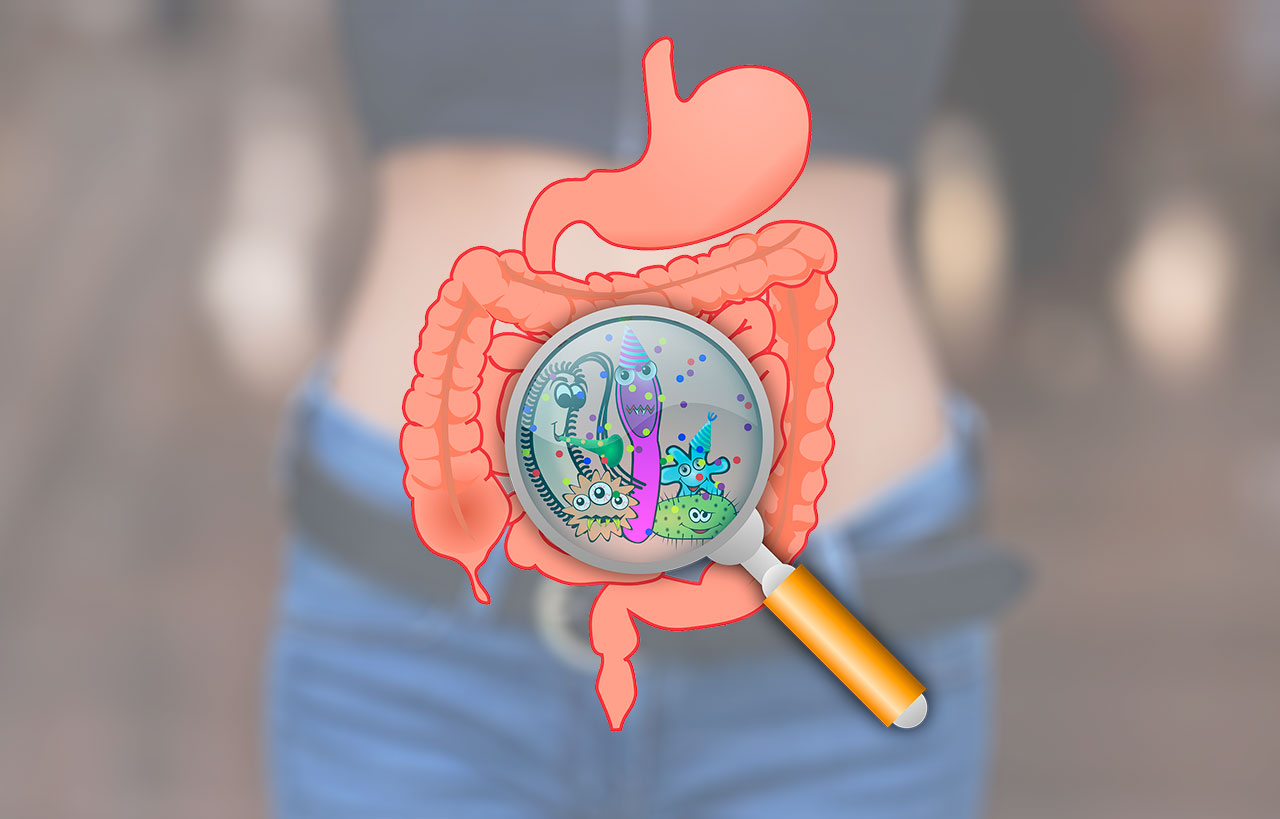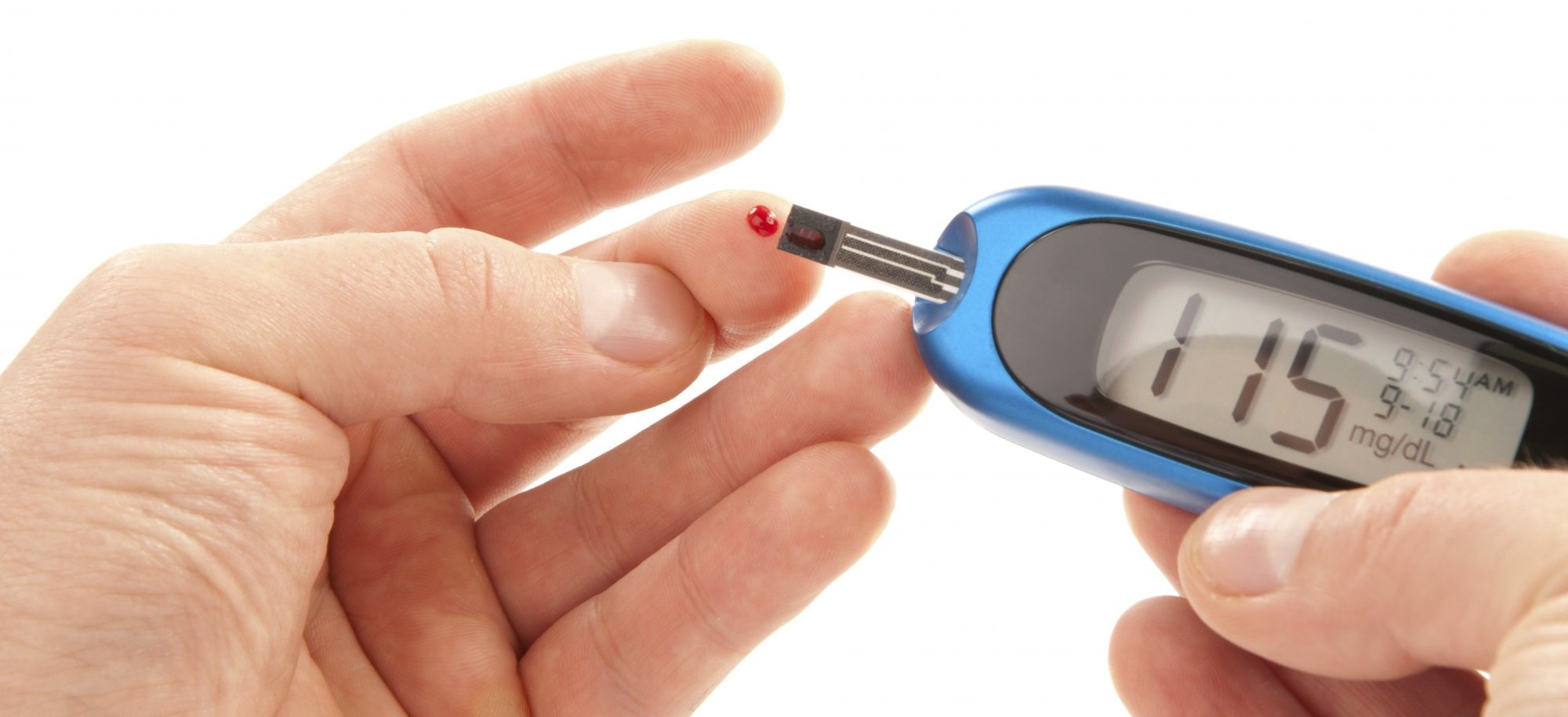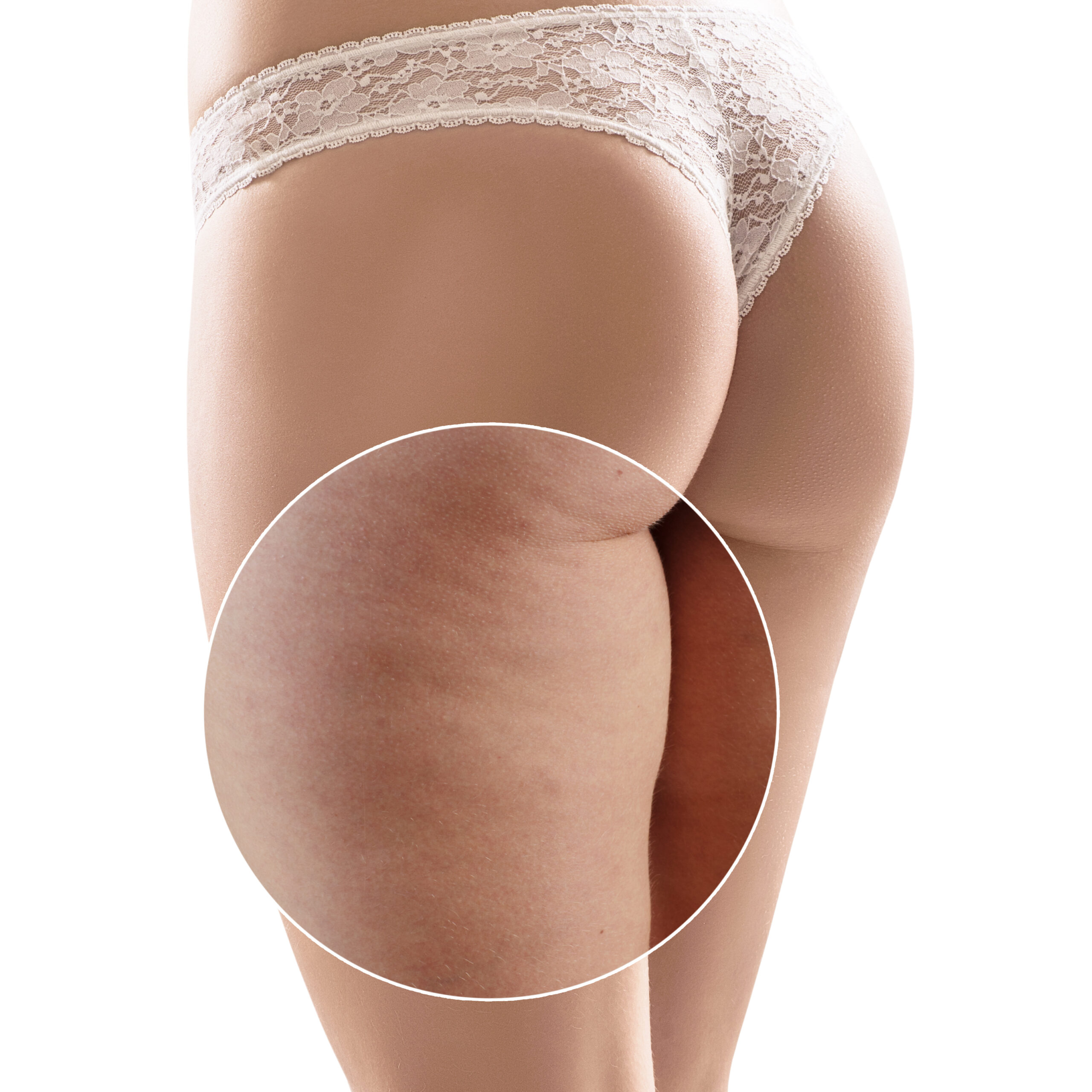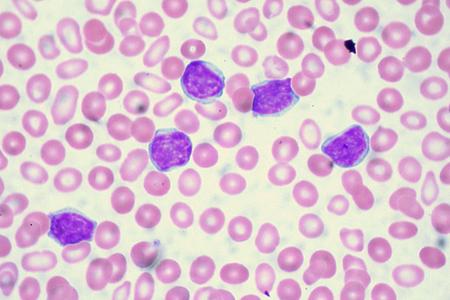Best known for their favorable role in secondary cardiovascular prevention (in particular, protecting against recurrence of myocardial infarction), in supporting the development of the nervous system of the fetus and infant (when taken by the pregnant woman), and in modulating the activity of the immune system (e.g., in addition to specific therapies for certain autoimmune diseases), the omega-3s are also proving useful in improving psychological well-being.
In particular, these polyunsaturated essential fatty acids (Also called PUFAs, Poly-Unsaturated Fatty Acids), found in abundance in fish from the North Seas (salmon, mackerel, herring, sardines, tuna, etc.) and available in the form of concentrated nutritional supplements, appear to be able to counteract anxiety symptoms, regardless of the specific psychiatric disorder suffered by the sufferer.
Confirming the indications of the many research efforts undertaken in recent years to investigate this issue is a meta-analysis that evaluated in an integrated manner the results of 19 major clinical trials conducted in 11 countries around the world on a total of 2240 men and women of various ages and ethnicities, 1203 of whom were treated with omega-3s and 1037 of whom were not treated with omega-3s.
From the totality of the data reviewed, it was found that omega-3, administered alone or added to the specific treatment of the psychiatric disorder present (which could be an anxiety disorder proper, or another problem associated with anxiety symptoms, such as depression, obsessive compulsive disorder, Alzheimer’s disease, Parkinson’s disease, post-traumatic stress disorder, ADHD, premenstrual syndrome, post-infarction, etc.), are capable of exerting a modest, but appreciable, anxiety-reducing effect, which can be verified by validated rating scales.
Benefiting from the anti-anxiety effect of omega-3s appear to be mainly people with a precisely diagnosed psychiatric disorder, while those who complain only of generic anxiety symptoms seem to achieve more limited improvement in psychological well-being.
While waiting for new studies to better elucidate the extent and nature of the benefits obtainable from omega-3s at the psychoemotional level and to confirm the possibility of exploiting them as an adjunctive therapy, there is nothing to prohibit increasing the intake of these polyunsaturated fatty acids through increased consumption of fish that contain them in abundance. If you don’t give PUFAs, the mood will definitely be improved by a tasty and healthy dish.
Source
On K-P et al. Association of Use of Omega-3 Polyunsaturated Fatty Acids With Changes in Severity of Anxiety Symptoms A Systematic Review and Meta-analysis. JAMA Netw Open 2018; (https://jamanetwork.com/journals/jamanetworkopen/fullarticle/2702216)




































































































